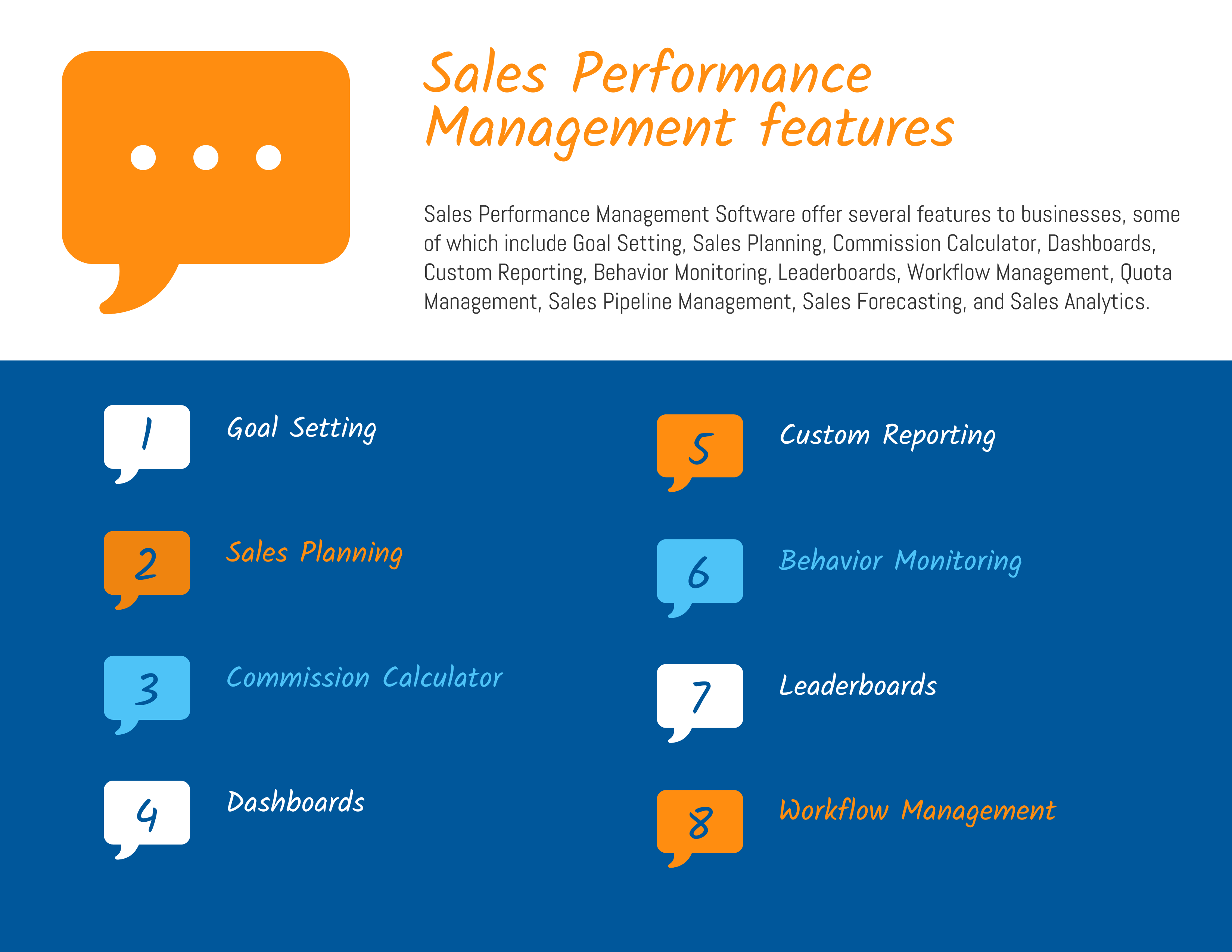Sales Performance Management (SPM) is a data-driven approach to planning, analyzing, and optimizing the performance of sales teams. Integrated within Customer Relationship Management (CRM) systems, SPM provides tools to streamline sales processes, enhance decision-making, and boost revenue. By offering visibility into individual and team performance, SPM empowers businesses to address challenges, align strategies, and adapt to changing market dynamics. This article explores the key features, benefits, and strategies for leveraging SPM to achieve sales excellence.
What is Sales Performance Management?
SPM uses data analytics and automation to monitor, evaluate, and improve sales performance. By unifying sales processes and providing actionable insights, SPM enables managers to track progress, identify areas for improvement, and align teams with business goals. Integrated with CRM software, SPM enhances operational efficiency, supports digital transformation, and ensures agility in response to market trends and economic conditions.
Key Features of Sales Performance Management
SPM tools offer a range of functionalities to optimize sales execution:
- Performance Dashboards: Provide real-time visibility into individual and team metrics, highlighting top performers and areas needing improvement.
- Scorecards and Leaderboards: Track progress and foster healthy competition by showcasing individual and team achievements.
- Sales Contests: Enable administrators to create incentive programs that motivate reps and drive performance.
- Coaching and Onboarding Tools: Support training and development by providing metrics for coaching sessions and guiding new hires.
- Progress Monitoring: Tracks sales activities, such as deals closed or leads nurtured, to identify successes and potential failures.
- Customizable Reports: Deliver detailed insights into sales data, enabling leaders to make informed decisions and course corrections.
- Data Organization: Organizes performance data by sales rep, team, or other metrics for easy analysis and reporting.
These features ensure that sales teams operate efficiently and managers have the tools to drive continuous improvement.
Benefits of Sales Performance Management
Implementing SPM within a CRM system delivers significant advantages:
- Enhanced Decision-Making: Provides accurate, data-driven insights to guide strategy and resource allocation.
- Increased Sales Agility: Enables proactive responses to market changes, employee performance, and process inefficiencies.
- Improved Team Performance: Identifies top performers and areas for improvement, supporting targeted coaching and development.
- Higher Revenue: Streamlines sales execution, shortens sales cycles, and boosts conversion rates, driving overall revenue growth.
- Better Onboarding: Simplifies training for new hires by making processes and performance metrics transparent and accessible.
- Motivated Teams: Encourages healthy competition through leaderboards and contests, fostering engagement and productivity.
Strategies for Effective Sales Performance Management
To maximize the value of SPM, businesses should adopt the following strategies:
- Integrate with CRM Systems: Choose SPM tools that seamlessly integrate with your CRM to centralize data and streamline workflows.
- Focus on Key Metrics: Track KPIs like deal closure rates, pipeline velocity, and individual quotas to align with business objectives.
- Leverage Visual Analytics: Use dashboards, scorecards, and reports to make performance data accessible and actionable for teams and managers.
- Implement Coaching Programs: Use SPM insights to tailor coaching sessions, addressing specific performance gaps and fostering growth.
- Foster Healthy Competition: Set up sales contests and leaderboards to motivate reps while maintaining a collaborative team culture.
- Train and Onboard Effectively: Use SPM tools to guide new hires through standardized processes and performance expectations.
- Monitor and Adjust: Regularly review performance data to identify trends, address issues, and refine strategies.
Conclusion
Sales Performance Management is a transformative tool for businesses seeking to optimize sales processes and drive sustainable growth. By leveraging data-driven insights, automation, and integrated CRM functionalities, SPM enhances visibility, improves decision-making, and empowers sales teams to perform at their best. With the right strategies, businesses can use SPM to align teams, adapt to market dynamics, and achieve long-term success in a competitive landscape.

